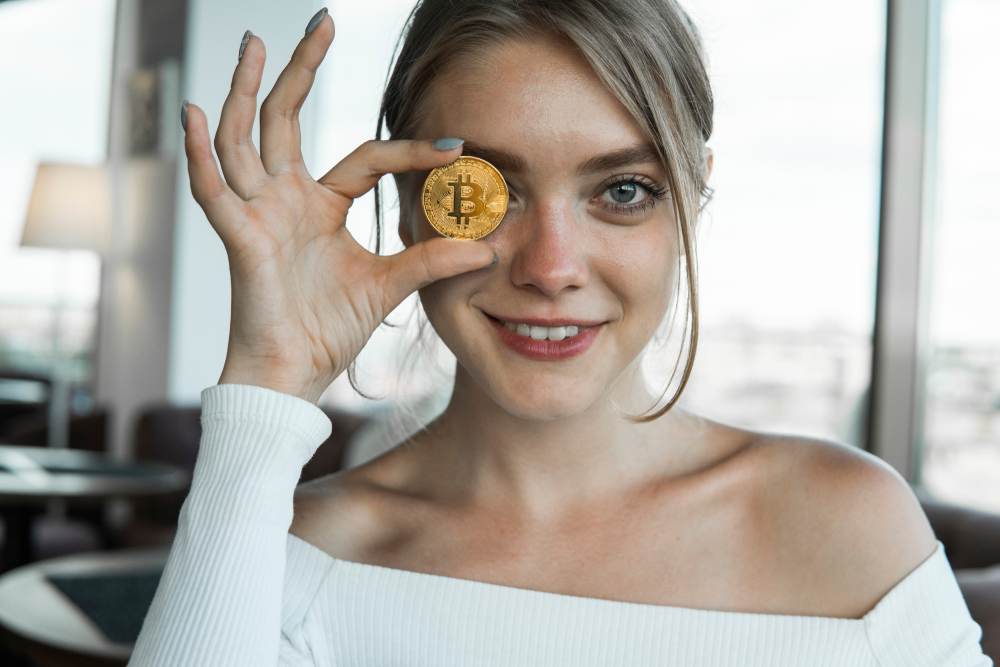The latest data from Chainalysis – a crypto intelligence company – discloses that artificial inflation may be occurring in the value of NFTs (non-fungible tokens) due to wash-trading. In an exclusive report, even though a majority of the 262 wash traders detected by them were witnessing losses, a profit of up to $8.5M had also been obtained by them as a whole throughout the recent year. The 110 profit-making wash traders have cumulatively earned almost $8.9M as a benefit out of the respective activity, exceeding well above the losses of up to $416,984 caused to 152 wash traders who remained unprofitable.
Worse than that, the respective $8.9M is most probably derived out of sales to undoubted purchasers who considered that the NFT they are buying has been surging in the value, traded from one unique collector to the other. Wash trading takes place when a group organizes a sale in which both the sellers and purchasers collaborate to mislead an item’s price valuation. After that, they trade the price-inflated item to a trader who is unsuspected and considers getting a discounted offer.
In the wash trading of NFTs, the target would be to make an NFT seemingly additionally valuable and then to trade it to a unique wallet being controlled by the original owner. This would be comparatively convenient in the case of NFTs, because several venues for trading NFTs permit the consumers to trade through just linking the wallets with the venue, with no requirement to provide their identification.
Nonetheless, the respective activity of the non-fungible tokens’ wash trading is not outlawed technically because it has not yet been targeted on the behalf of the regulators as well as the agencies of law enforcement.
As per Chainalysis, the deficiency in oversight could hinder the further advancement of the marketplace of NFTs. The wash trading of NFTs falls under a murky legal zone. Though it is restricted in traditional futures and securities, wash trading of the NFTs has not become a topic of some enforcement measures.
In general, the non-fungible tokens’ wash trading can generate an unjust marketplace for the people who buy artificially inflated tokens, as well as the existence thereof, can weaken the faith in the ecosystem of non-fungible tokens. This, in turn, can prove to be an enormous problem hampering the future expansion in the respective field.

